If you are pursuing a career in STEM – science, technology, engineering or math – chances are you will have to take a calculus course for your degree. However, maybe you struggle with mathematics or are years removed from taking any math and need a refresher on some concepts before taking calculus.
The benefit for students of community colleges like Grossmont is they typically have access to a wide range of classes that accommodate varying math abilities.
Many students enter Calculus I at Grossmont having taken precalculus, a course that reinforces skills vital to understanding calculus and explores other concepts they will explore later in mathematics. Eon Kath, 22, and Benjamin Cohen, 17, are Calculus I students at Grossmont. Having received no precalculus experience in high school, both students took precalculus at Grossmont in preparation for calculus.
“If I hadn’t taken pre-calc, I would not be able to do what I’m doing right now,” Cohen said.
Kath said extra practice in precalculus with trigonometry and utilizing the unit circle was essential to success in calculus.
“I would spend a lot more time outside of class teaching myself stuff that I didn’t know I had to know,” Kath said.
Despite the course’s importance to student success, California Assembly Bill 1705 will prevent Grossmont and other California community colleges from offering precalculus starting fall of 2025. Many in the college’s math department believe removing preparatory courses like precalculus will be detrimental to students in the long term.
According to the California Community Colleges website, AB 1705 is an extension of AB 705, which aimed to reduce the amount of time students took to complete “transfer-level coursework.” AB 1705 took this initiative a step further, preventing community colleges from offering courses like precalculus, which will force new students into calculus whether they are prepared or not.
Corey Manchester, a calculus teacher at Grossmont, said he believes the goal of the new legislation is to accelerate the STEM mathematics pipeline in a similar way that previous legislation has helped students in non-STEM fields. Manchester said after the passing of AB 705, completion rates for statistics and business calculus improved as a result of eliminating excessive preparatory courses, instead offering concurrent support classes.
Manchester said the new legislation would start students in calculus and offer support classes if needed. However, Manchester said this approach will be detrimental to students who would otherwise benefit from extra practice with trigonometry and other advanced algebra topics before taking calculus, something a precalculus course would provide.
“As content experts who have been teaching for decades, we know people struggle with calculus even if they were good in pre-calc,” Manchester said.
Referring to his Calculus I sections, Manchester said, “We usually lose half the class.”
Fortunately, Manchester said the bill does not prevent colleges from attempting to validate a new course similar to precalculus, but with a new name. Grossmont’s math department has developed material for the new course, Math 171: Innovative Pathway to Calculus, that will be offered in the Fall 2025 semester.
This new course covers the most vital topics from precalculus in a condensed four-unit course versus the six-unit precalculus. Manchester said the excluded material pertains to Calculus II, meaning students will likely need a support class in the future when taking that course.
The math department is also developing the Calculus Instructional Support Lab (CISL) to support students with prerequisite gaps attempting calculus.
According to Susan Working, math department co-chair at Grossmont, CISL will offer students video mini-lessons on topics relevant to calculus. Once students have finished a topic, they will be asked to check in with a math instructor at the lab, who will ensure the student understands concepts before leaving. Working said CISL will require no fee, and it will not count for credit, meaning it will not show up on a student’s transcript.
Laura Friend, tutor specialist at Grossmont’s Math and Science Center, acknowledged that students may be apprehensive about going into a separate tutoring center for support.
Friend said if a tutor notices a student requires a teacher to fill in gaps in math knowledge, they could walk students to the CISL lab and introduce them to the facilities.
Despite the boundaries set in front by the state, Working and the rest of the Math Department at Grossmont remain committed to the success of students. Working said she hopes the new Math-171 course and the CISL lab will adequately support students in the STEM pipeline, who will undoubtedly have to work on their own time to compensate for a lack of preparation.
Friend agreed. “When you solve a math problem, you don’t skip steps, and yet they’re asking us to skip steps, so of course you’re not going to arrive at the correct solution,” she said.
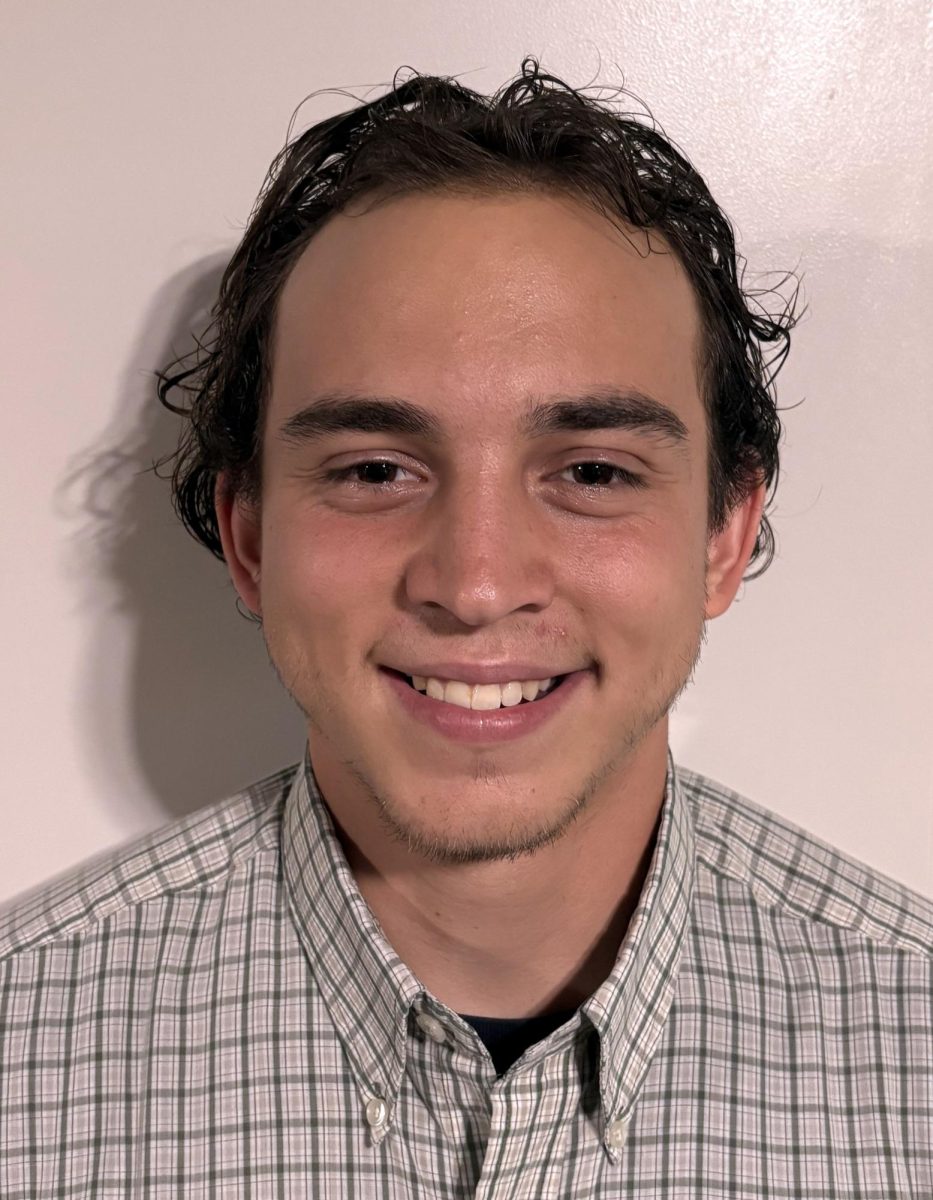
Sam Pollmann originally wrote this story for “MCOM-112: Introduction to Reporting and News Writing.” It is published on this website with the author’s permission.



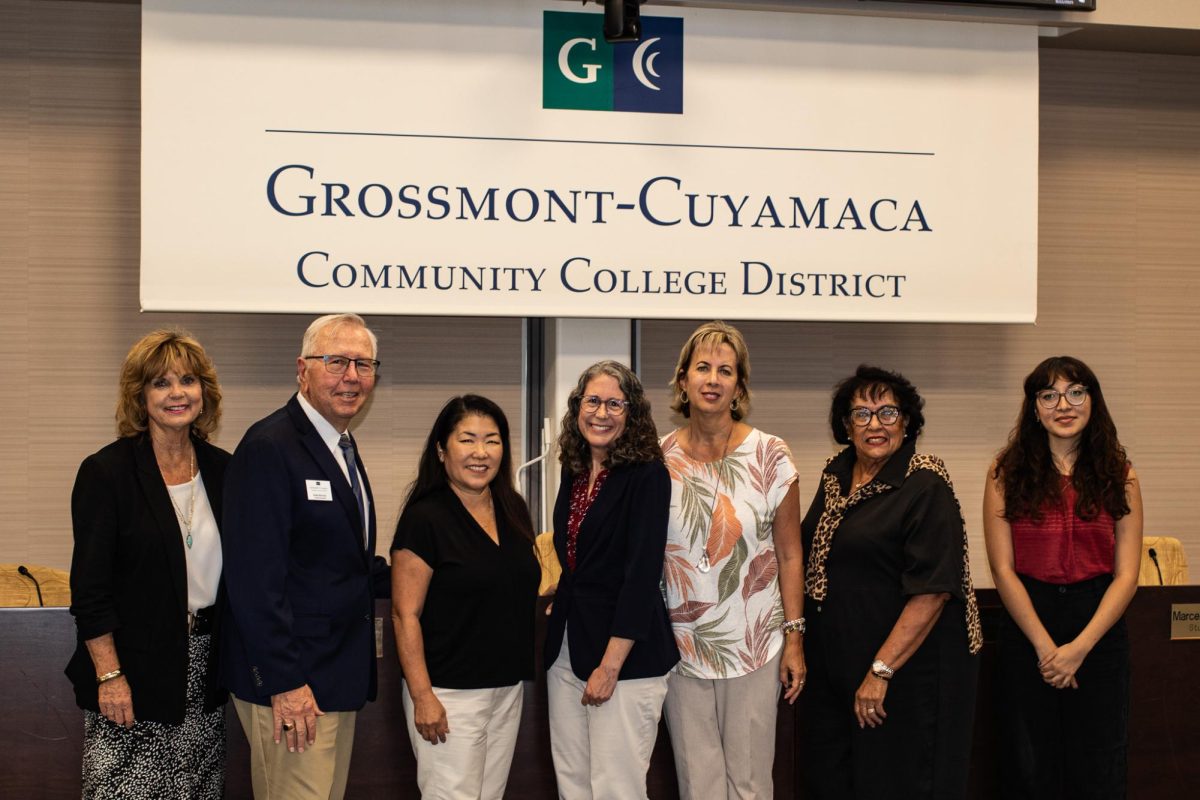
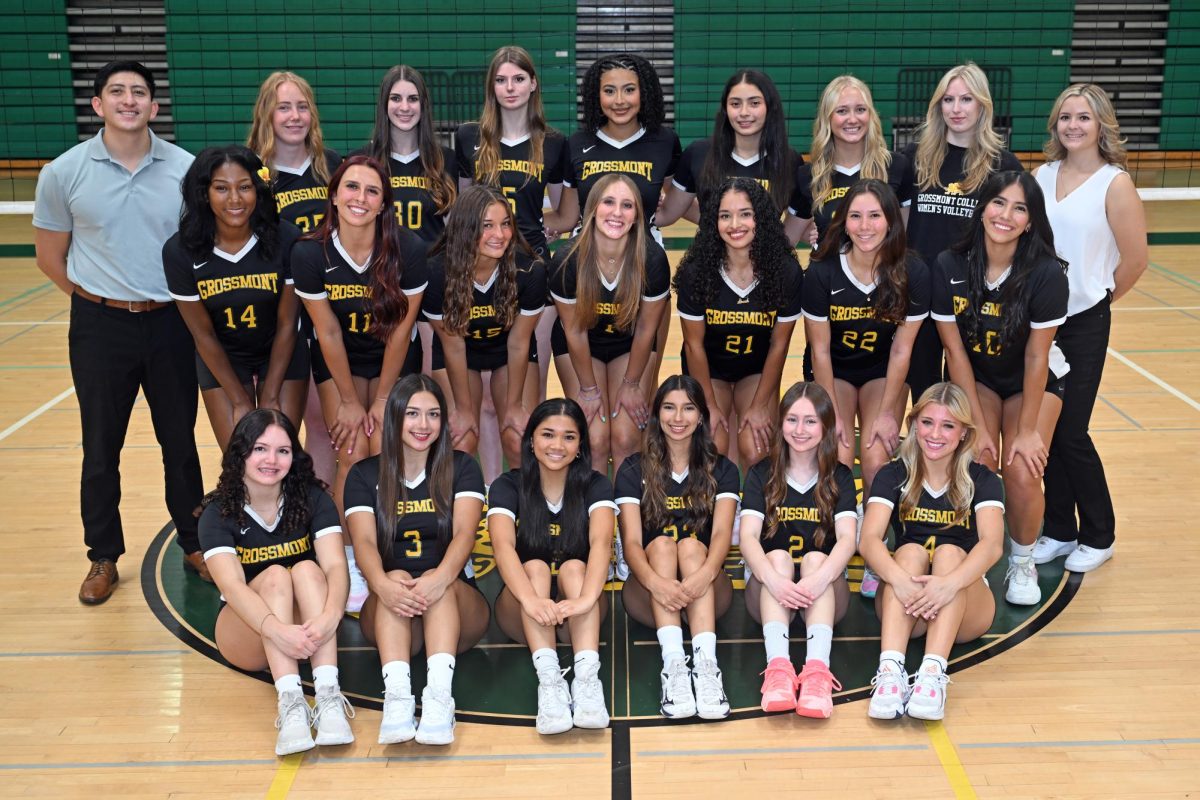
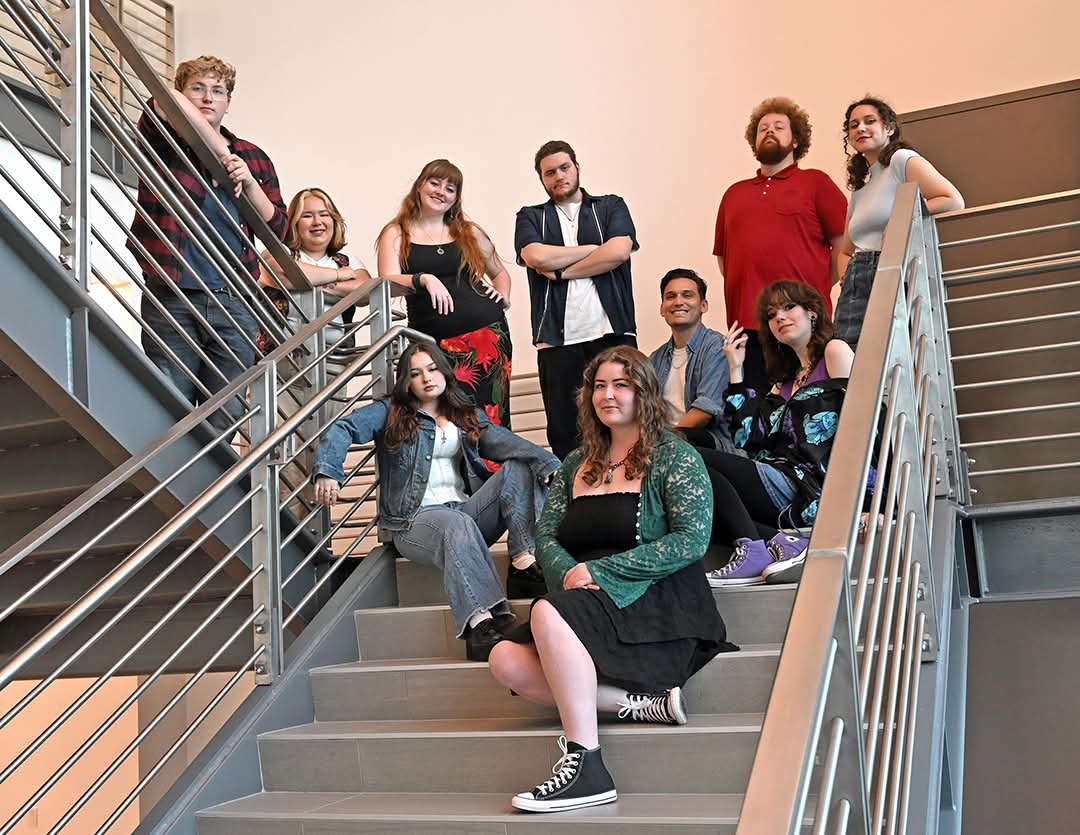
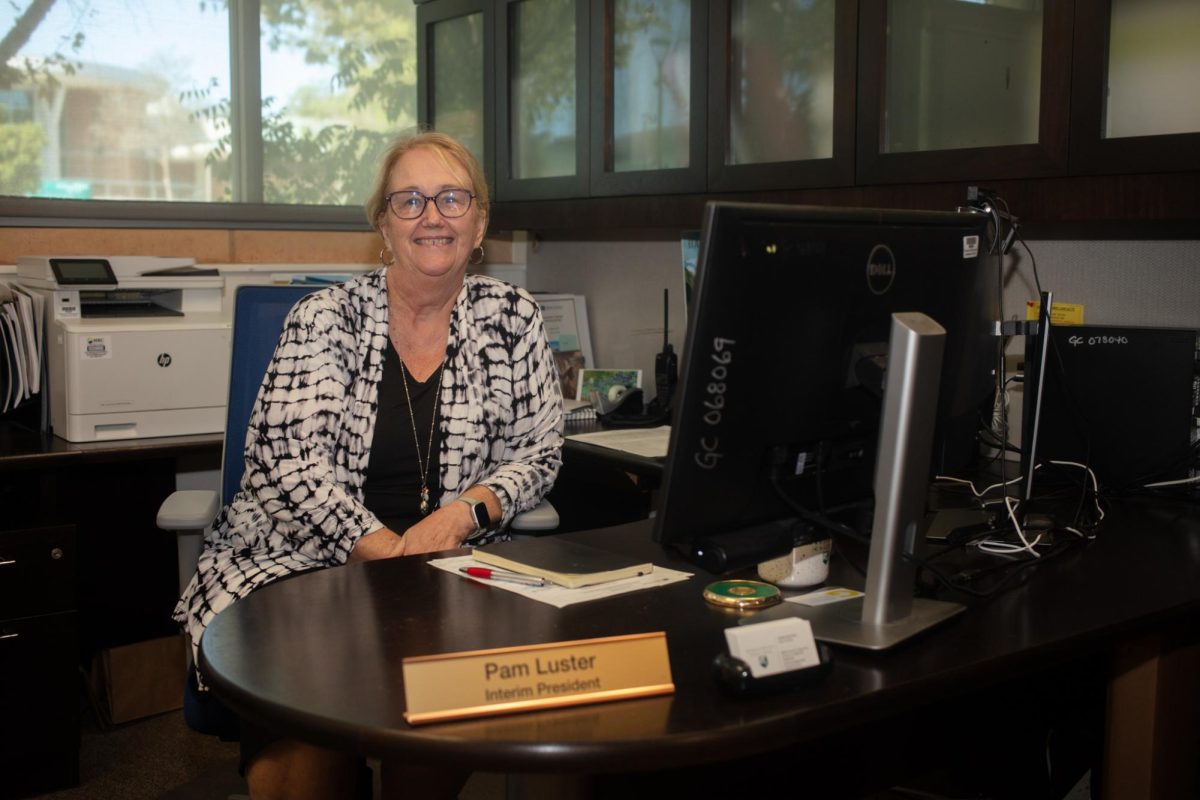
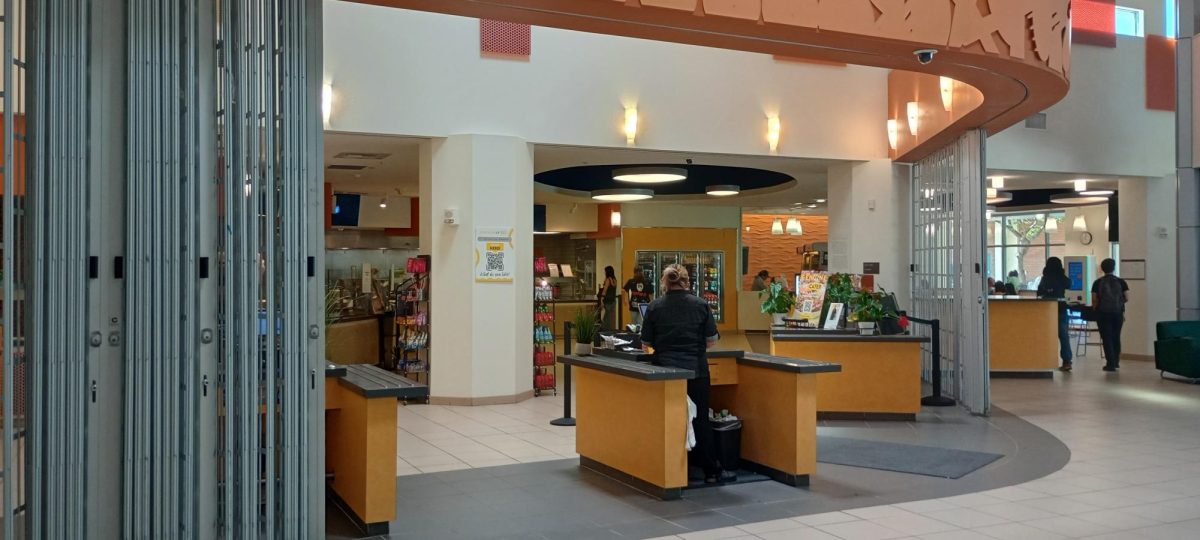

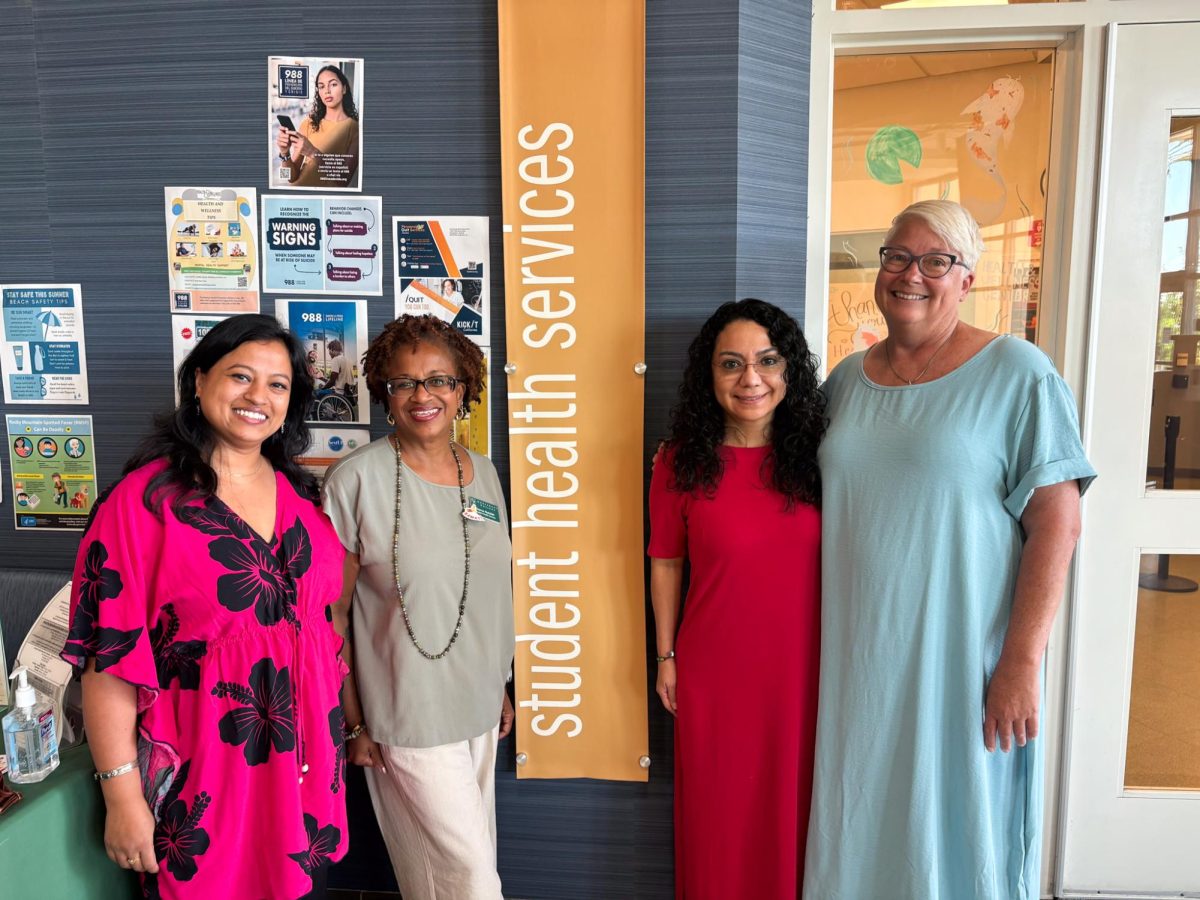
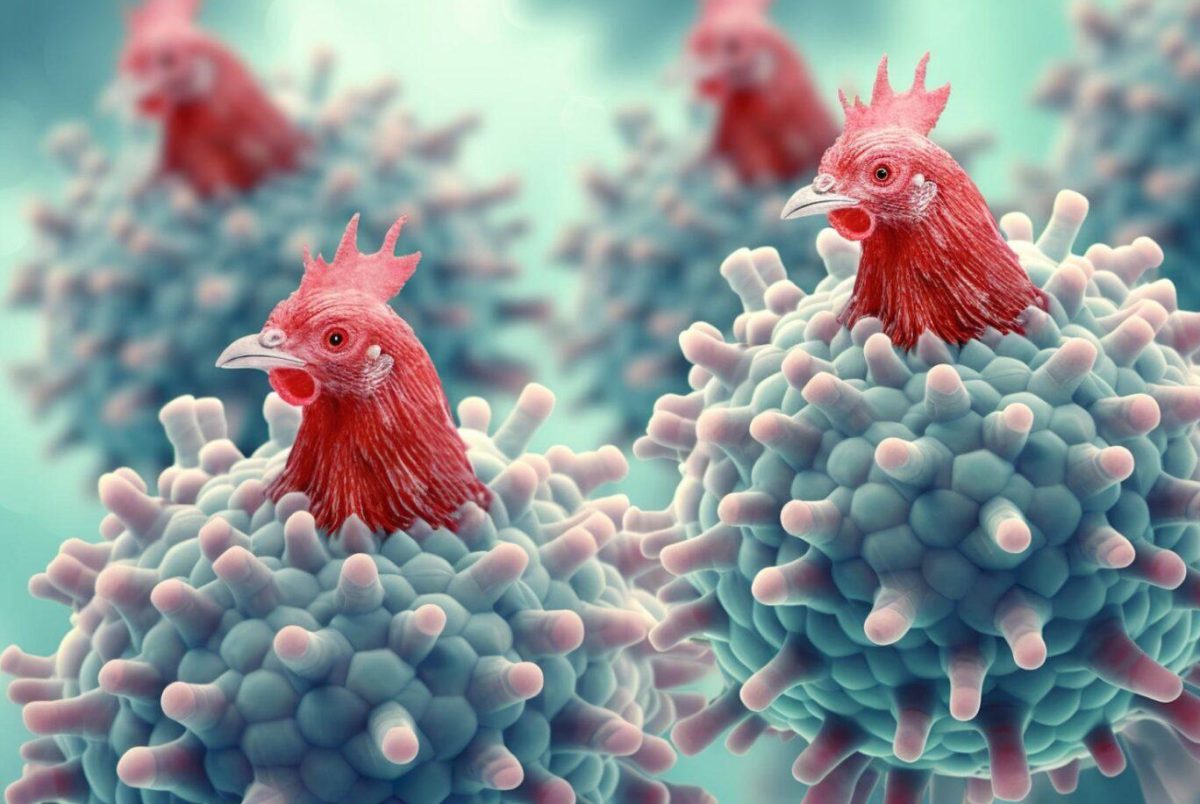
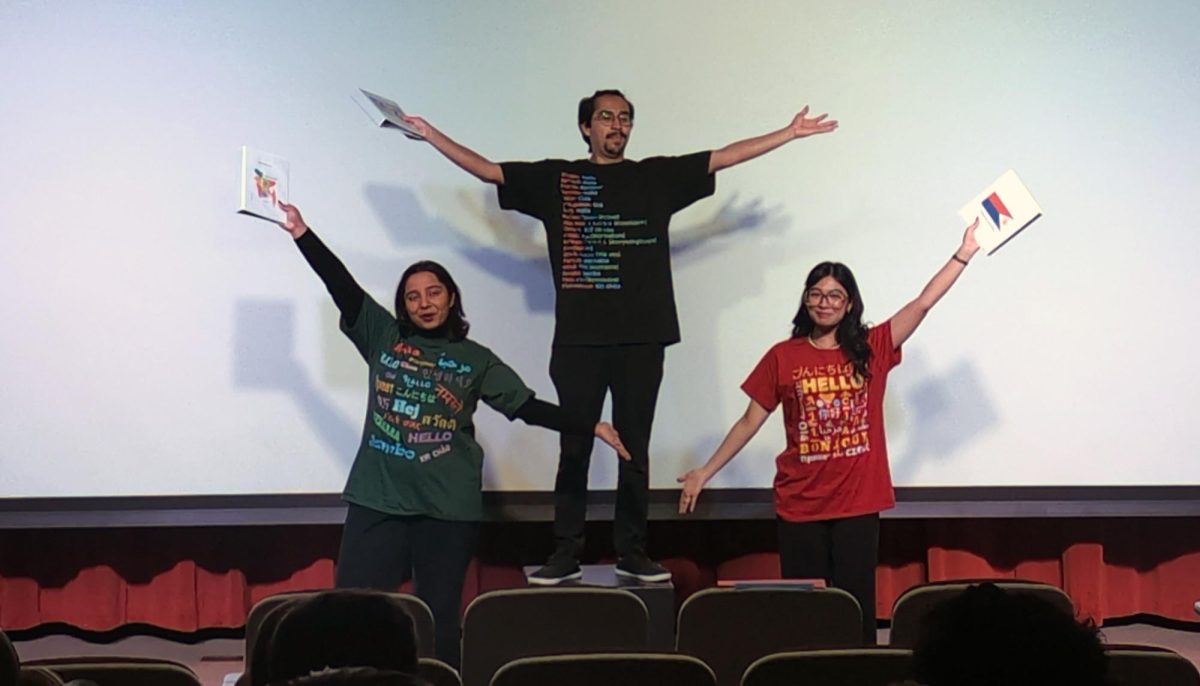




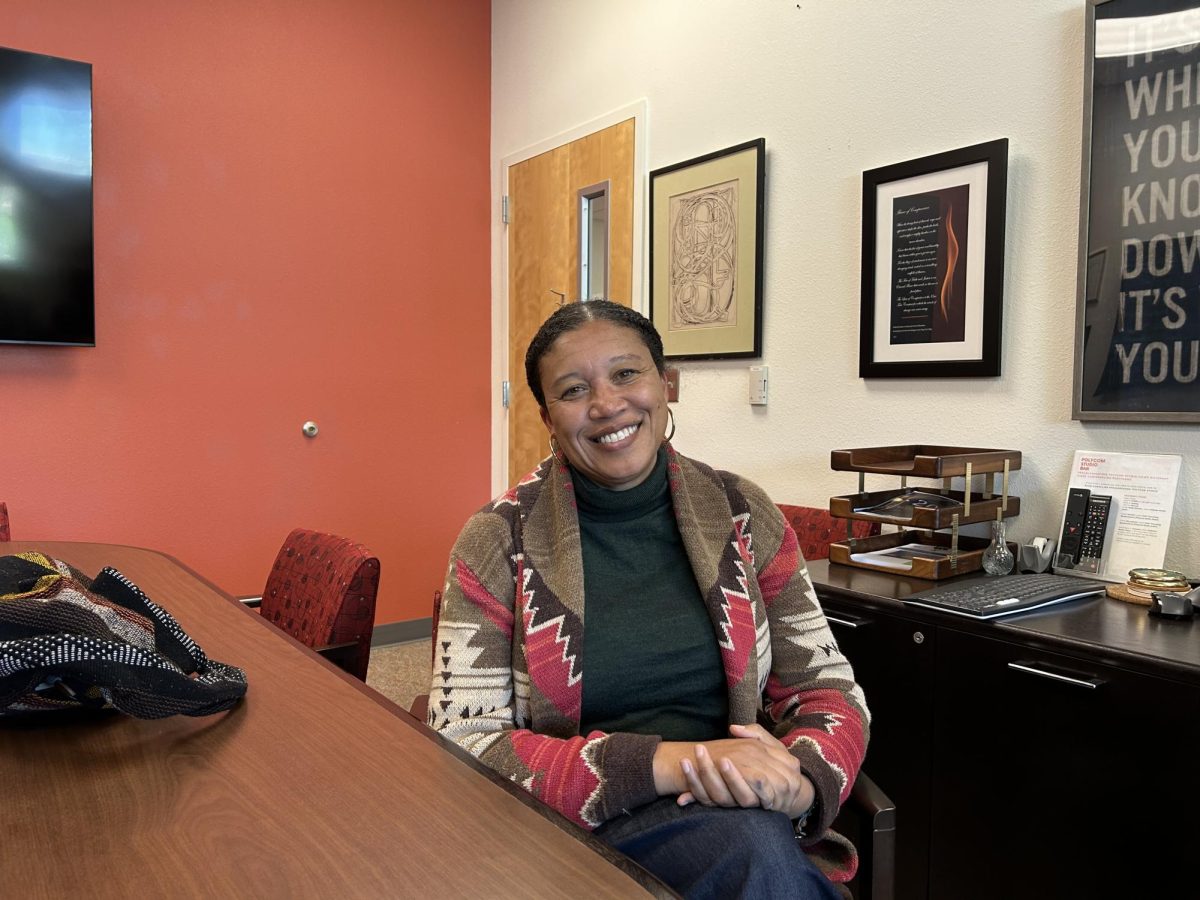
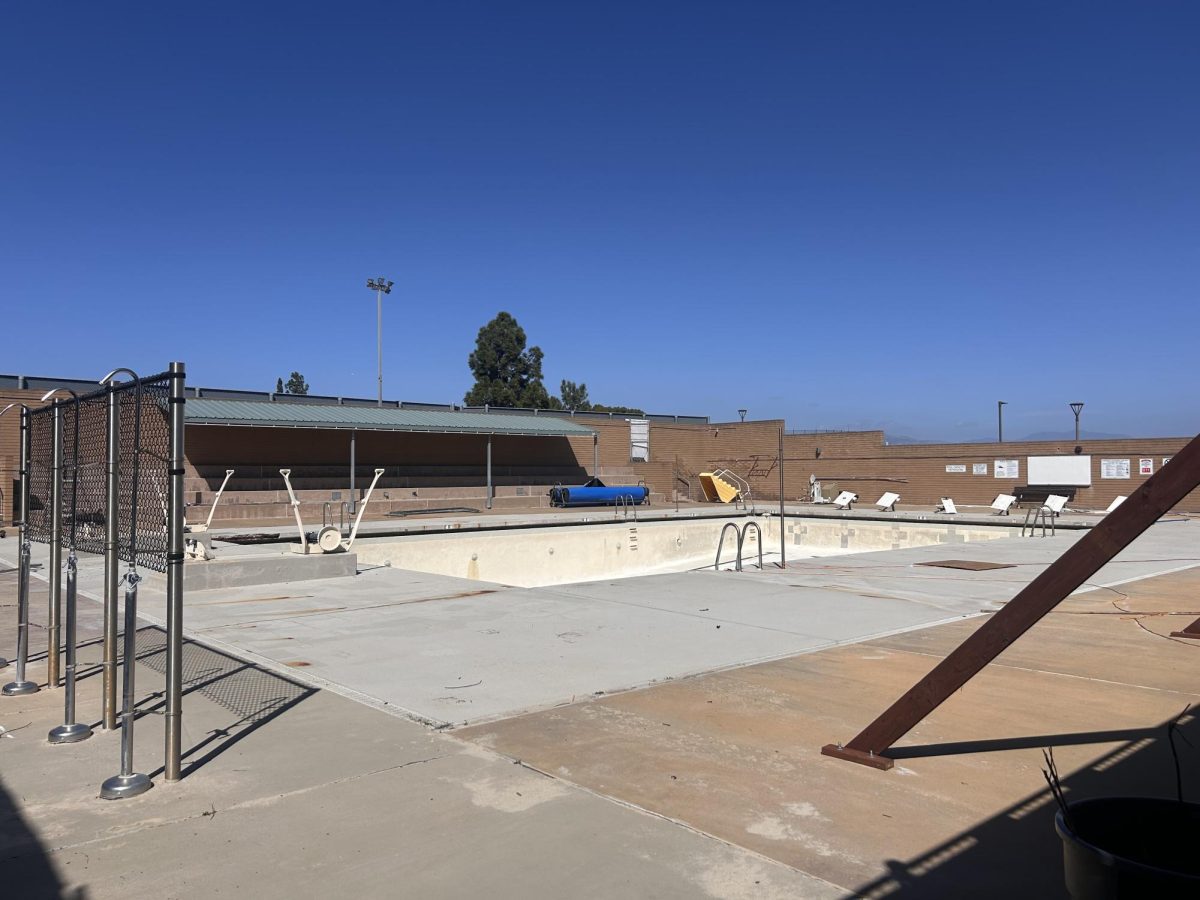
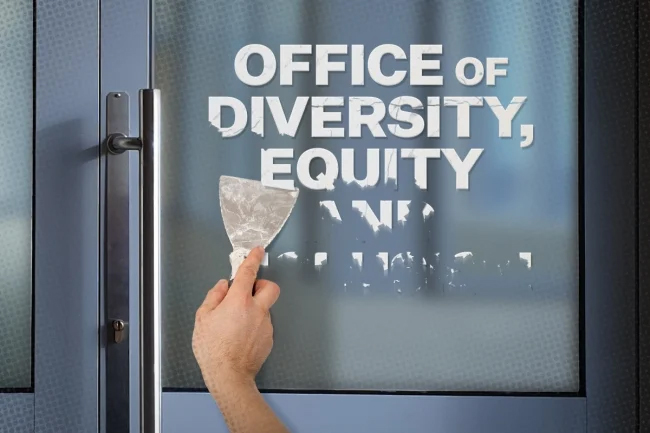


Tyler W. • Jun 16, 2025 at 9:19 am
I for one hopped straight into Calculus at my college and it was incredibly difficult for me. The need for Pre-Calculus is clear. Great piece Sam.
Jeremiah • Jun 16, 2025 at 12:42 am
Great work Samuel. This is critical. Some need this refresher or base in general. I think this is a great excerpt, and the concluding words are correct. I took calc 1 through linear algebra and differential equations at Grossmont. It’s important vital that you focus on depth on EACH step. This means inclusion of precalculus for some students.